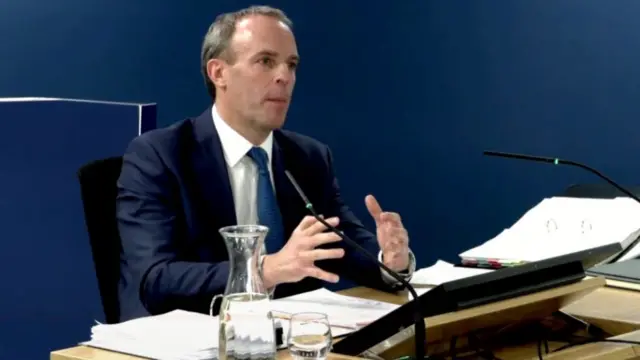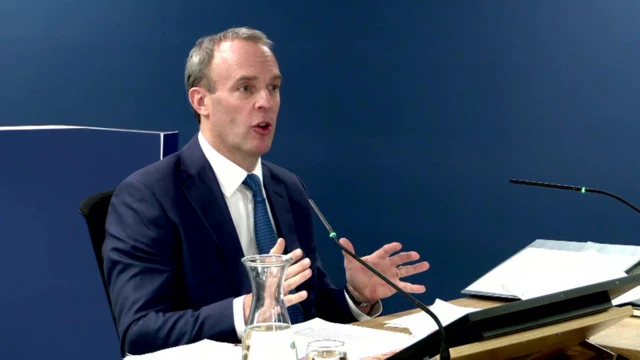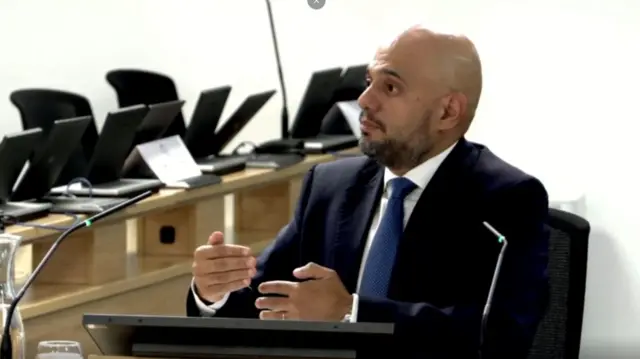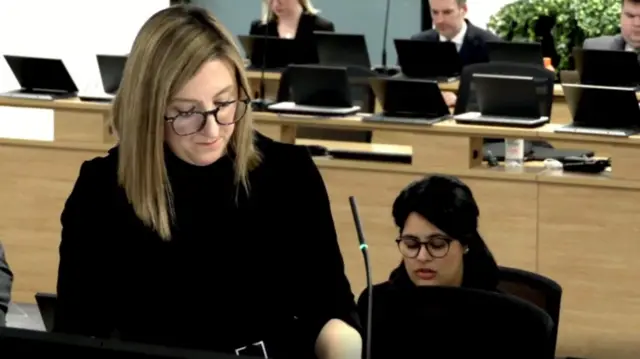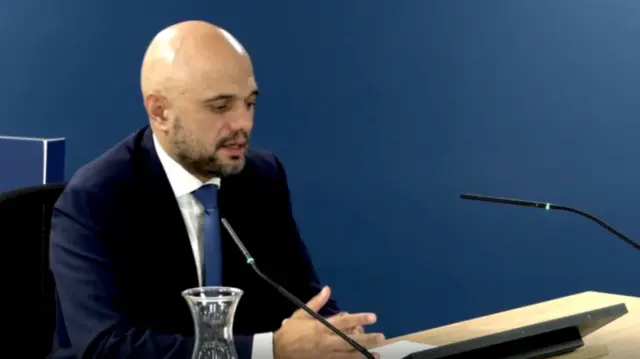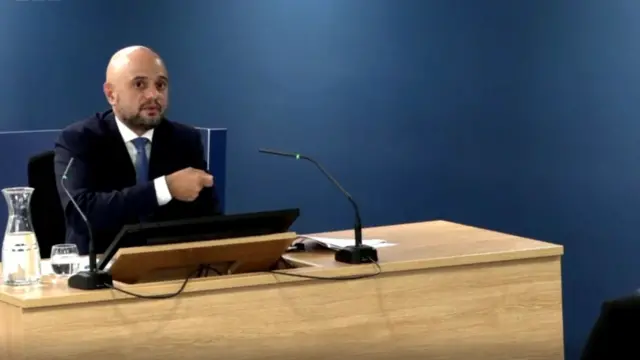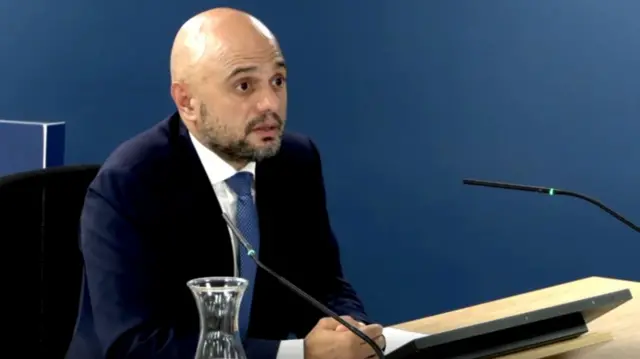
Hallett again defends inquirypublished at 15:29 GMT 29 November 2023
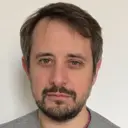 Jim Reed
Jim Reed
Health reporter
For the second time in two days Baroness Hallett has intervened to defend some of the lines of questioning in this inquiry.
Earlier in the day former Chancellor Sajid Javid said he believed Dominic Cummings acted as prime minister in "all but name" at the start of 2020.
Asked to respond to that, Dominic Raab replied: "I don't say this with any disparagement on this committee or this inquiry, but there is a whole circus that can be built up in the media and elsewhere around the internal battles between individuals."
He said he had "no beef" with Javid but did not "find that a serious allegation" and did not want to get into the "soap opera" of Westminster bubble politics.
Hallett broke in to assure Raab that the inquiry didn't want to "hear rude words" but to see if there was anything wrong with the way decisions were made at the time.
She made a similar intervention yesterday when Michael Gove was giving evidence, and is clearly sensitive to allegations the inquiry is too focused on the internal rows taking place in Downing Street at the time.
